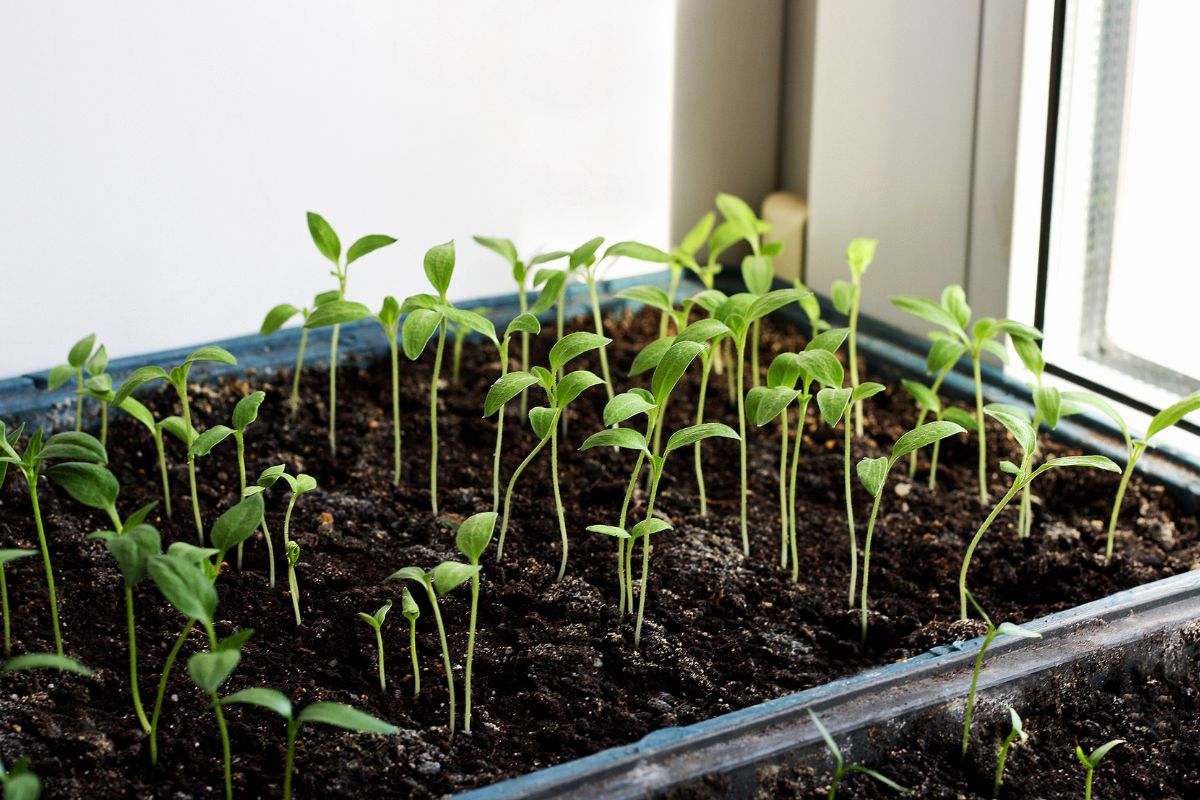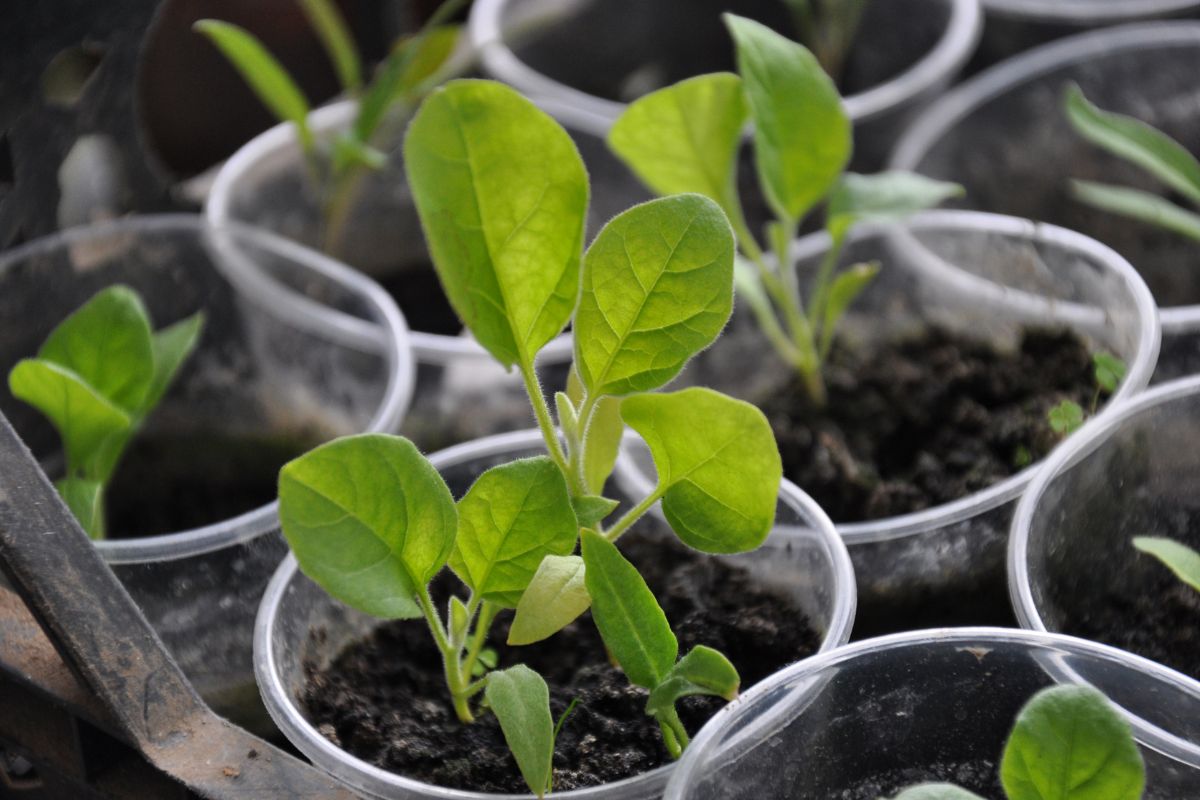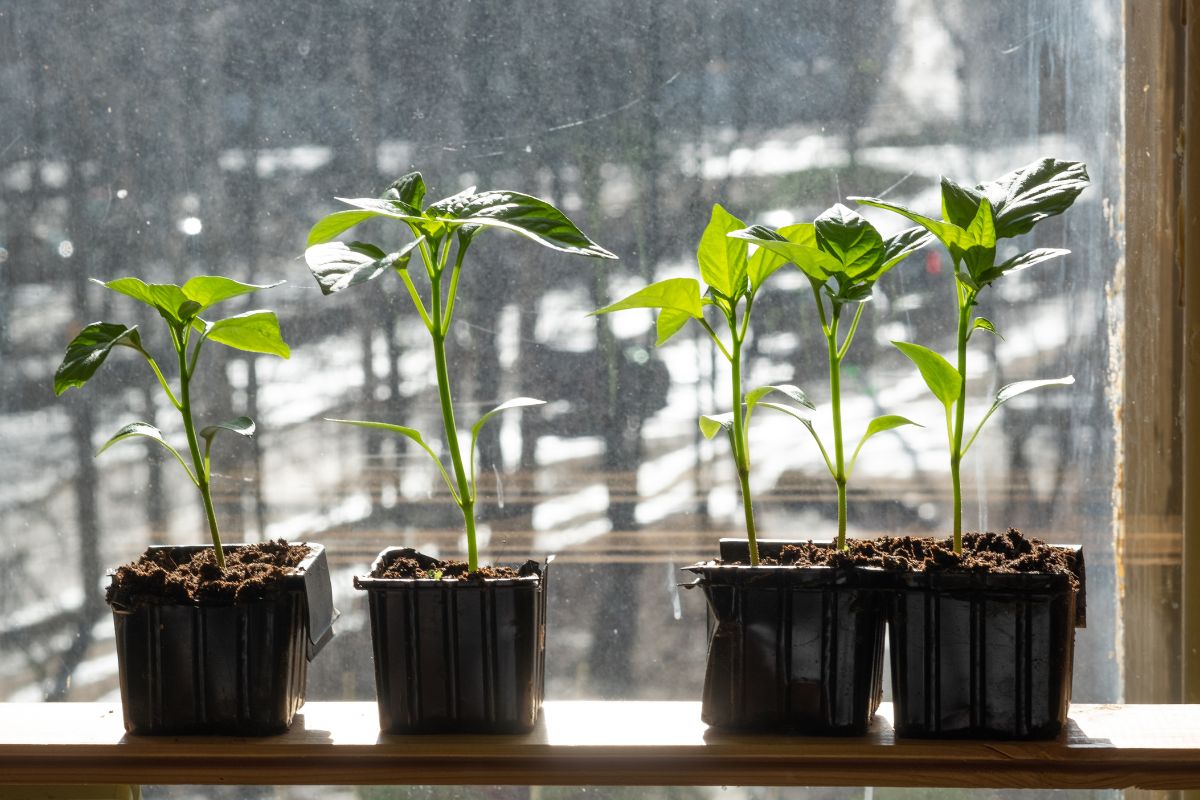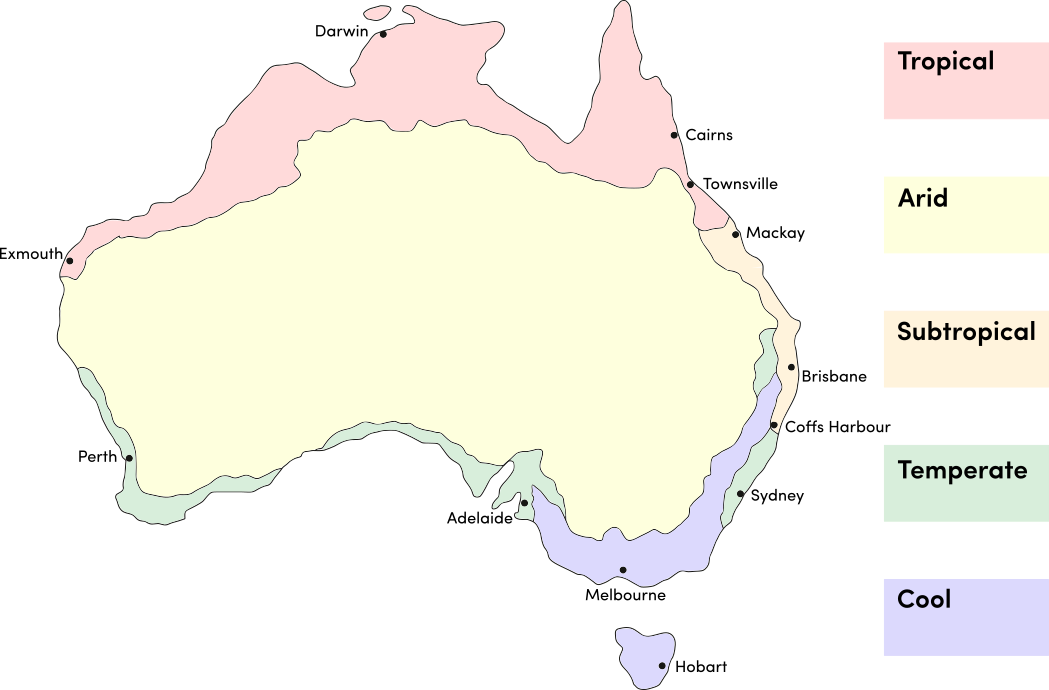Most eggplant varieties take around 80 days to mature, but this is usually the time it takes from when seedlings are transplanted into the ground, and some varieties can take up to 120 days to mature. Because eggplants need warmth and a long growing season, this can be a real challenge for many gardeners who live in a cool climate.
No matter where you live, or if you are new to starting plants indoors or have struggled growing eggplants in the past, eggplants can be started indoors early and transplanted outside once the ground and the weather has warmed up.
Everything You Need to Know About Starting Eggplants Indoors
Eggplants (Solanum melongena) belong to the nightshade (Solanaceae) family along with tomatoes, potatoes, capsicum and chillies, and in some parts of the world they are known as aubergines or brinjals. They are perennials in tropical climates, but most gardeners around the world grow them as annuals due to the plant’s intolerance to cold weather and frost.
Starting eggplants indoors has many advantages, including:
- Getting a head start on the growing season
- Stronger roots
- Faster growth
- Fewer losses to disease or insects
- Better and quicker germination
- More control over the harvest dates
- Ability to protect delicate seedlings from early spring chills.
Eggplants grow best in soil that is between 18-24°C, and they need it even warmer when the seeds are first germinating. They will be killed by frost, and their growth can be severely hindered if ambient temperatures stay below 10°C for more than a few days.
Not only that, eggplants need roughly 80 days to mature from transplanting, which means you need between 100 and 120 days from seed to harvest.
So, unless you live in a climate with at least 120 frost-free days that are consistently warm, you will need to start your eggplant seeds indoors.
When to Start Eggplants Indoors
As a general guideline, you want to start eggplant seeds 6 to 8 weeks before your last frost date. If your area doesn’t get frost, then start the seeds 6 to 8 weeks before you plan on transplanting them into the garden.
This will give the seeds plenty of time to germinate, and the plants will be able to establish themselves so they can be hardened off and transplanted in time (see more on this below).
However, you don’t want to start your eggplants too early. Starting seeds early can lead to several issues including:
- Overcrowded conditions and stunted growth
- Leggy seedlings from crowded conditions and lack of light
- Increased risk of disease and pests
- Premature bolting
- Unnecessary work of watering and caring for the seedlings
Sowing
You can sow your eggplant seeds in trays or individual pots. To avoid disturbing the delicate roots, eggplants work excellently in biodegradable pots such as Jiffy Pots or Jiffy Pot Strips, which can be cut apart and planted, pot and all, when it comes time to transplant.
Fill containers with your preferred seed starting medium, and moisten the medium. Eggplant seeds work well in both soil-based and soilless mediums.
Sow one seed per small pot (or sow seeds 1cm apart if you are using seed trays) and cover the seeds with 5mm of soil or starting medium.
Germination
Eggplant seeds will not germinate in cool soil. Before planting, make sure the soil temperature of your growing medium is between 24-32°C. Keep the soil even moist, but never soggy, by using a spray bottle or watering can with a very fine rose.
In these conditions, most seeds will germinate in 7 to 14 days.
A heat mat can help speed up the germination process. These are portable, waterproof heating blankets that sit under seed trays and provide warmth directly to the soil rather than the surrounding air. While heat mats are not necessary, they are a great way to provide a warm growing environment for your seeds. Once the seeds have germinated and the seedlings are established, the heat mats can be turned off.
Seedling Care
Once seeds have germinated, the soil temperature can be reduced to around 21°C.
Eggplant seedlings require plenty of bright light. Choose a window that receives the maximum amount of natural light. If this isn't sufficient, consider using a full spectrum LED grow light for 14 to 16 hours each day to ensure your seedlings thrive.
Without sufficient light, eggplant seedlings will quickly become leggy. Leggy seedlings will grow tall and spindly as they stretch out trying to reach light. They are less vigorous and often suffer from transplanting stress, if they are strong enough to make it that long.
Continue to water your seedlings, by misting them with water as needed, to keep the soil evenly moist.
Transplanting Eggplant Seedlings into the Garden
Begin hardening off seedlings a week prior to transplanting by setting them outside in a protected location for a few hours each day. Over the next week, gradually increase the duration and exposure to the elements until the seedlings are adjusted and can stay outside permanently.
You will know your eggplants are ready to transplant when:
- Seedlings are 5-10cm tall and have developed at least one set of true leaves.
- All danger of frost has passed.
- The outside temperature has stabilised and nighttime temperatures are consistently over 10°C.
- The soil temperature is around 18-21°C.
Space your eggplants around 45-60cm apart, in rows approximately 80-100cm apart, depending on the size of your chosen variety.
Choose a location that receives 8 to 10 hours of sunlight each day, and that has a soil pH between 5.5 and 7.5. Enrich the soil with well-rotted compost and avoid excessive use of fertiliser (especially those high in nitrogen) as this can cause bushy plants with lots of leaves and very few eggplants.
Alternatively, most eggplant varieties grow very well in containers, and a 20 litre container is sufficient to hold one eggplant.
Dig a hole large enough to easily hold the root structure of your seedling. Place the seedling so that the soil around the root base is level with the ground, and firmly but gently pack soil around the roots.
Water your newly transplanted right away and maintain even soil moisture to help them adjust to the garden.
***
Many gardeners are nervous about starting seeds indoors. After all your hard work germinating and caring for the seedlings, you want to make sure your eggplants transition to the garden and thrive in their new environment. By following these tips, you can start your eggplants early indoors and be rewarded with a great harvest at the end of a successful growing season.
 Eggplants seedling in a tray indoors
Eggplants seedling in a tray indoors
 Eggplant seedlings on windowsill
Eggplant seedlings on windowsill
 Seedlings in small pots indoors
Seedlings in small pots indoors
 Seedlings on an indoor windowsill in winter
Seedlings on an indoor windowsill in winter





